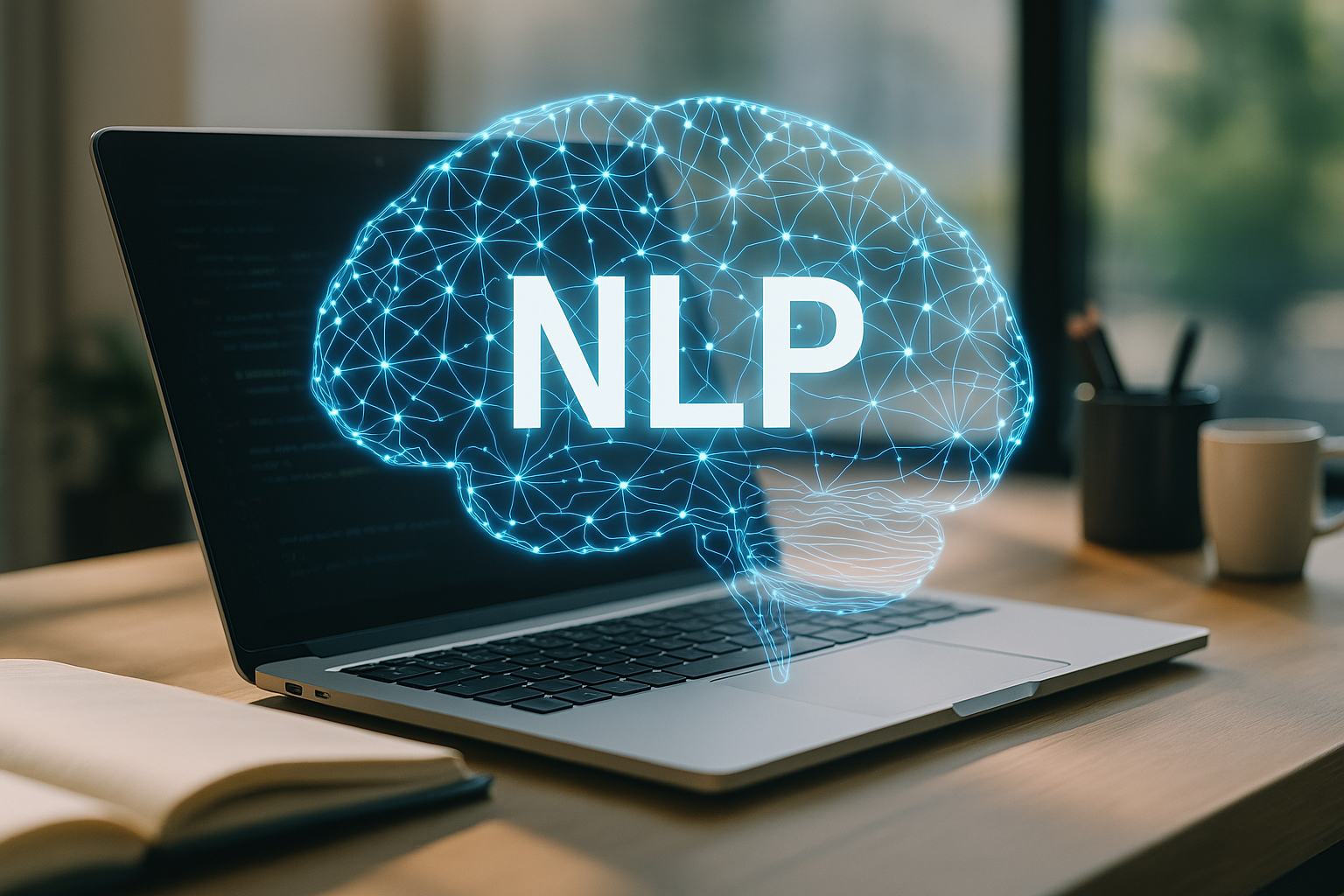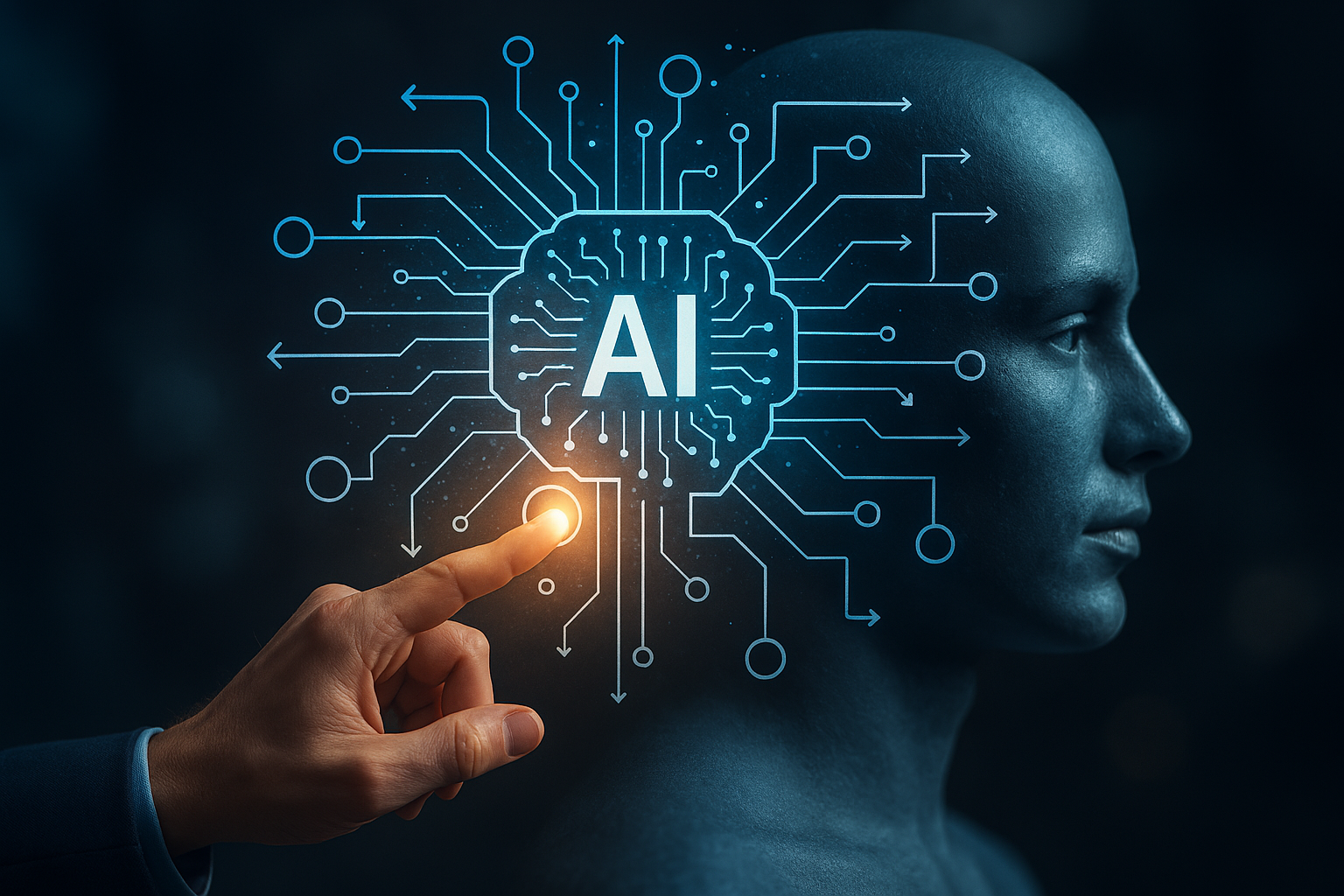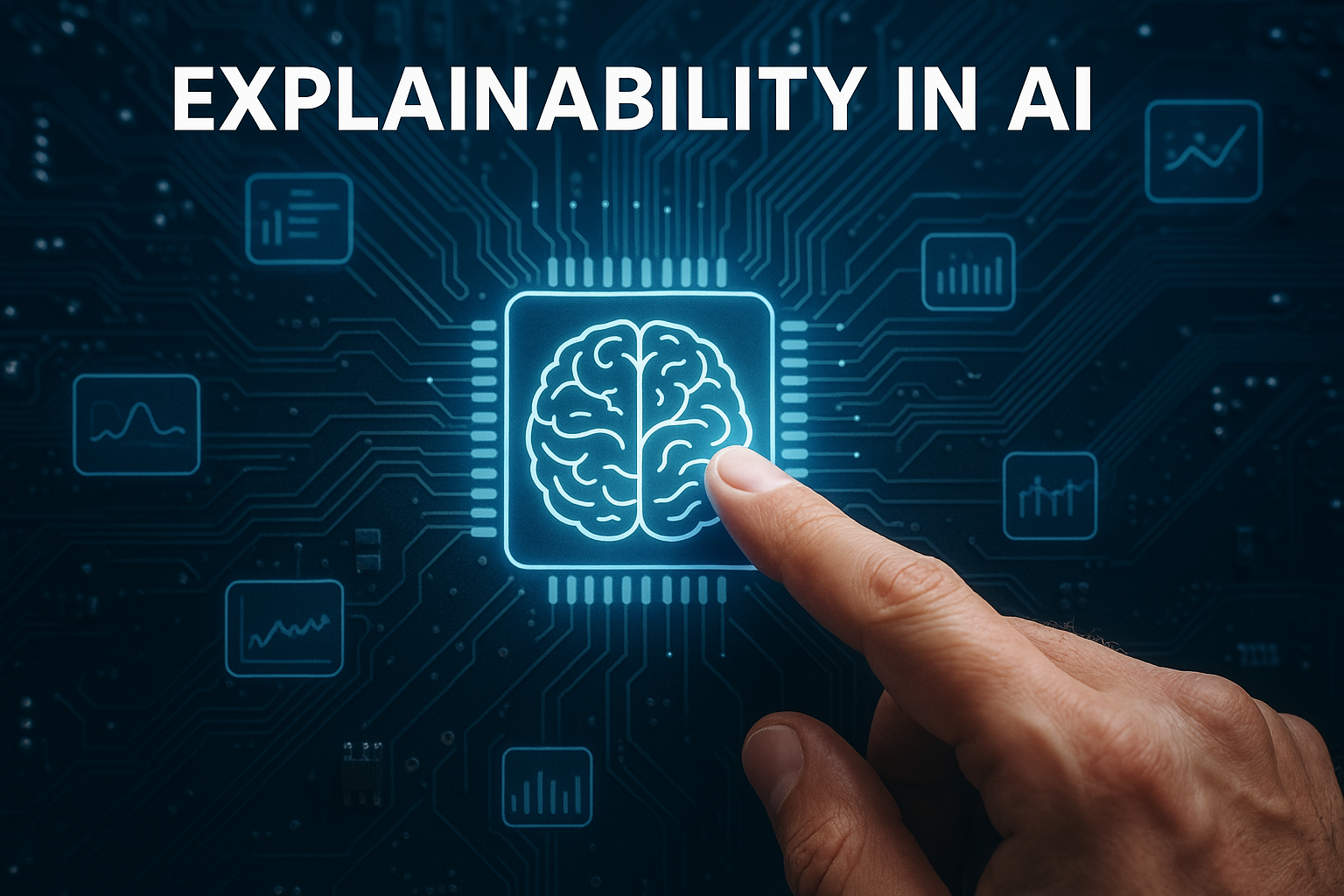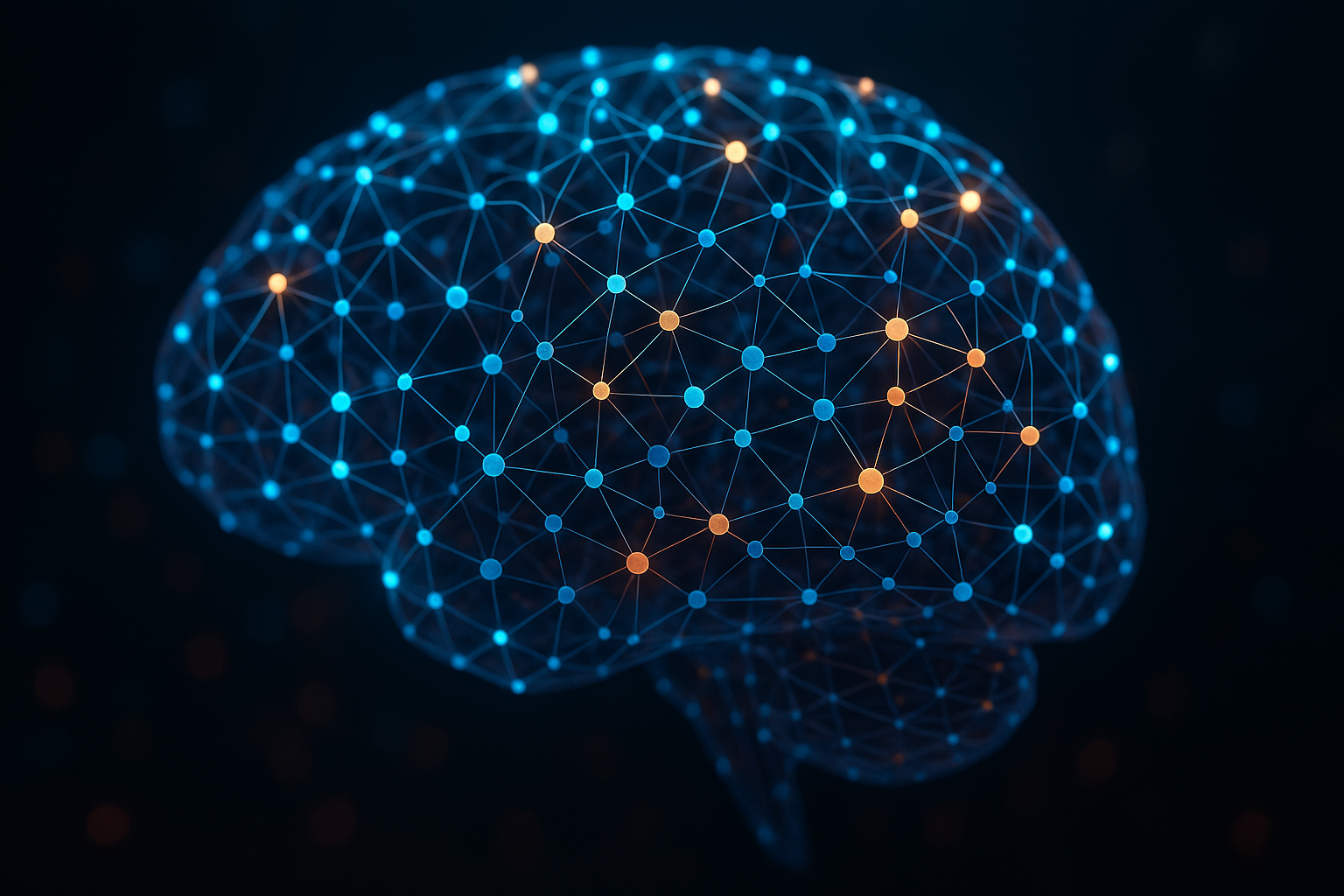Tag: explainable AI
-

Natural Language Processing (NLP)
Definition of NLP Natural Language Processing (NLP) is a branch of artificial intelligence (AI) and computer science that focuses on the interaction between computers and human language. In simple terms, NLP enables machines to understand, interpret, process, and generate human (natural) languages, both text and speech, in a way that is useful and meaningful. Achieving…
-

Large Language Model (LLM)
Large Language Models (LLMs) are advanced artificial intelligence systems designed to understand and generate human-like language. They belong to a class of foundation models – AI models trained on immense amounts of text data that give them broad capabilities across many tasks. Instead of being narrowly programmed for one purpose, an LLM learns from billions…
-

Inference (in AI)
Inference in artificial intelligence (AI) refers to the process by which an AI system draws conclusions or makes decisions based on available information, knowledge, or patterns, especially when facing data it has not seen before. In essence, it is the step where an AI applies what it has learned to new inputs, analogous to a…
-

Explainability (in AI)
Definition Explainability in artificial intelligence (AI) refers to the ability of an AI system or model to make its functioning and decision-making processes understandable to humans. In essence, an explainable AI system can provide clear reasons or justifications for its outputs, allowing people to comprehend how and why a particular decision or prediction was made.…
-

AI Ethics
AI Ethics refers to the field of study and set of practices concerned with the moral principles and societal implications governing the development and use of artificial intelligence (AI) technologies. In essence, AI ethics seeks to ensure that AI systems are designed and deployed in ways that are beneficial, fair, and accountable, while minimizing harm…
-

AI Bias
Definition and Explanation of AI Bias AI Bias, also known as algorithmic bias or machine learning bias, refers to the systematic and unfair prejudices or distortions in the outputs of artificial intelligence systems. In essence, it means an AI system is producing results that are skewed or discriminatory against certain individuals or groups. These biased…
-

Artificial Neural Network (ANN)
A neural network (often called an artificial neural network or ANN) is a computing model inspired by the human brain’s network of neurons. It consists of layers of interconnected nodes (“artificial neurons”) that process data and can learn to perform tasks by adjusting the connections (weights) between nodes. Neural networks “learn” from examples rather than…
-

Autonomous Systems
Definition Autonomous Systems refer to machines or software that can perform tasks or make decisions independently, with little to no direct human control. In essence, an autonomous system is “self-governing,” capable of carrying out complex operations in dynamic environments by making informed decisions for itself. These systems are equipped to perceive their surroundings, process information,…
